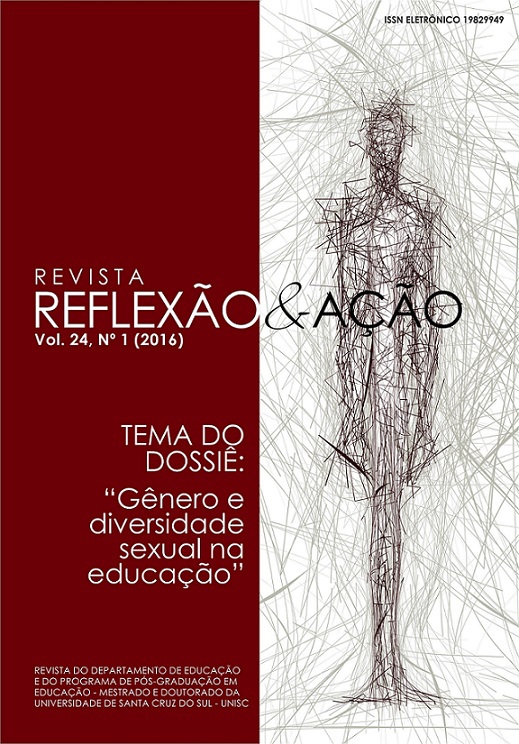COERCION PRACTICES IN EDUCATION: WHAT THE TEACHERS SAY AND DO
DOI:
https://doi.org/10.17058/rea.v24i1.4264Keywords:
sychology, Education, Speaking And Non-Speaking Correspondence, Coercive PracticesAbstract
In the context of teacher formation the use of coercion is criticized, but in practice the teacher seems to make use of such strategies and ignore alternatives for interaction and teaching practices. The objective of this work was checking the correspondence between the description and the practice of coercion events in the student-teacher interaction with four Elementary-School female teachers in a public school. To do that, a combined methodology was used: questionnaire and direct observation. The results showed the occurrence of a level of non-correspondence between what they say and what they do in all participants. The conclusion points to the need, as shown by the literature, to focus on the analysis of the behaviors in relation to what is reported in the same reality.Downloads
Downloads
Published
How to Cite
Issue
Section
License
The submission of originals to this journal implies on the transference, by the author(s), of the printed and digital publishing rights. The author´s rights to the published articles are the author´s, the journal has the rights over the first publication. The author(s) can only use the same results in other publications, indicating clearly that this journal was the original publisher. Since we are an open access journal, the free use of articles is permitted for educational and scientific applications, as long as they inform the source according with the CC-BY license from Creative Commons.


